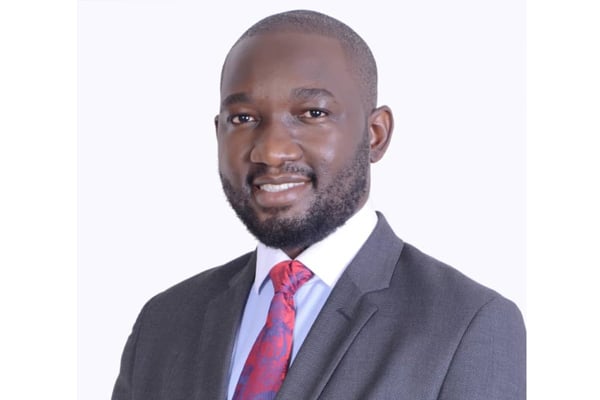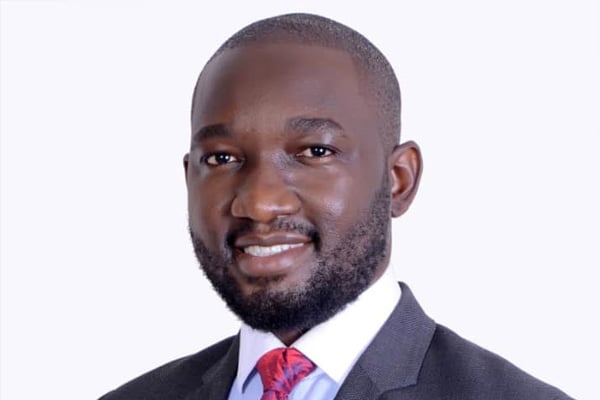Prime
Is sport still independent in Uganda with government’s increased funding?

Author, Ivan Ojakol. PHOTO/COURTESY
What you need to know:
- A hybrid approach to sports governance is taking root in sports structures.
The sports sector was awarded Shs47.8b in the new budget. Still well below what the National Council for Sports (NCS) had asked for in the range of Shs96b, but to give credit where it is due, a significant shot in the arm from the Government of Uganda towards the sector, especially going by the measly figures it has been getting in the past.
The debate will range on who deserves what, whether the ring-fencing of allocations to different sports disciplines should be performance based et al. In all of this, a sub-plot is playing out revolving around the autonomy of sport in Uganda in light of this increased government funding.
Towards the end of last year, this age-old clash between the autonomy of sport and governments’ intervention in the governance of the sector was cast in broad daylight in the region.
In the aftermath of Kenya’s poor showing in the qualifications for the 2021 Africa Cup of Nations qualifiers, Nick Mwendwa, then president of the Football Kenya Federation (FKF), had a complaint filed against him at the Criminal Investigations Directorate (CID) of Kenya regarding the conduct of affairs at FKF. When the CID started investigating Nick Mwendwa and FKF, the former quickly ran to court.
FKF and Nicholas Mwendwa argued that the complainant, Milton Nyakundi, lacked an “identifiable stake” in the affairs of FKF and therefore had no standing to complain against FKF. Many a time, sport often defines who its stakeholders are and, controversially, if you read, for instance, the Fifa Statutes, it is not all and sundry, even with football’s tag as “the global game”.
The Court dismissed Nick Mwendwa and FKF’s arguments, reasoning that the Kenyan Constitution and the Sports Act of Kenya make the governance of sports organizations in Kenya open to the public.
The court also added that the Directorate of Criminal Investigations and the Directorate of Public Prosecutions, being constitutionally established organs of government, had the jurisdiction to investigate any complaint filed before them.
The government of Kenya, of course, embarrassed by the Harambee Stars’ underwhelming performance and also against the backdrop of the money they had dispersed to support the national team, suspended Nick Mwendwa from office and had him prosecuted.
Eventually, the “autonomy of sport” seems to have won, as Fifa subsequently suspended Kenya from football activities “owing to government interference in operations of the national federation”.
Even with the ban, one surely cannot entirely blame the Kenyan government for this so-called “interference,” where, as is often the case in this part of the world, sports administrators run sports federations like their back yards.
Even with the modern phenomenon of nation states funding their sports activities, international sports governing federations have consistently buried their heads in the sand, arguing that their independence is absolute. Of course, self-preservation is the main motivator.
We perhaps missed a good test of the independence of football recently when one Brenda Nambalirwa went to court to stop the SC Villa election and the Fufa summoned her for bringing the sport into disrepute by taking football matters to a national court rather than exhausting Fufa’s mechanisms. This seems to have fallen off and has since been overtaken by events.
As the upward trend of governments funding their local sports federations grows, coupled with the enactment of domestic legislation governing sport, a hybrid approach to sports governance is taking root.
Therefore, even with the Nick Mwendwa-FKF-Kenya example that yes, resulted in a ban for Kenya by Fifa, the writing is on the wall that sports administrators’ claims to “independence” whenever questions are asked may be waning off. They must account for and be transparent with Ugandan taxpayers’ 46.8 billion Uganda Shillings going forward.
The author is a Sports Lawyer and Lecturer | [email protected]



